Case Study: Boosting Efficiency in Healthcare with AI Automation
Introduction to AI Automation in Healthcare
In recent years, the healthcare industry has witnessed a significant transformation with the integration of AI automation. This technological advancement has not only streamlined operations but also enhanced patient care and satisfaction. By leveraging AI, healthcare providers can improve efficiency, reduce costs, and provide more accurate diagnoses.
AI automation in healthcare encompasses various applications, from patient data management to predictive analytics. It is reshaping the way healthcare professionals interact with patients and manage their day-to-day tasks. This case study explores how AI automation has been effectively implemented to boost efficiency within a healthcare setting.

Streamlining Administrative Tasks
One of the primary areas where AI automation has made a significant impact is in administrative tasks. Healthcare facilities often struggle with managing large volumes of paperwork and data entry. AI-driven systems can automate these processes, reducing the time and effort required by staff. This not only increases productivity but also minimizes human errors.
For example, AI-powered chatbots can handle patient inquiries and appointment scheduling, freeing up valuable time for administrative staff to focus on more critical tasks. Additionally, AI systems can process patient information quickly, ensuring that records are up-to-date and easily accessible.
Improving Clinical Decision-Making
AI automation is also revolutionizing clinical decision-making. By analyzing vast amounts of data, AI algorithms can assist doctors in diagnosing diseases more accurately and swiftly. These systems can identify patterns that may be overlooked by human eyes, thus enhancing diagnostic precision.

Moreover, AI tools can recommend personalized treatment plans based on a patient's unique medical history and current health status. This tailored approach not only improves patient outcomes but also optimizes the use of medical resources.
Enhancing Patient Monitoring
Patient monitoring is another crucial area that benefits from AI automation. With the introduction of wearable devices and smart sensors, healthcare providers can continuously monitor a patient's vital signs. AI algorithms analyze this data in real-time to detect any anomalies, allowing for proactive intervention when necessary.
This real-time monitoring ensures that patients receive immediate attention if their condition worsens, potentially preventing medical emergencies. It also reduces the burden on healthcare professionals by automating routine monitoring tasks.

Challenges and Considerations
Despite the numerous advantages, implementing AI automation in healthcare does come with challenges. Data privacy and security are paramount concerns, as sensitive patient information must be protected from breaches. Additionally, integrating AI systems into existing workflows requires careful planning and training for staff to ensure a smooth transition.
Healthcare organizations must also address ethical considerations when deploying AI technologies, ensuring that decisions made by AI systems are transparent and fair. Continuous evaluation and improvement of AI algorithms are necessary to maintain their reliability and effectiveness.
The Future of AI Automation in Healthcare
The future of healthcare is undeniably intertwined with AI automation. As technology continues to evolve, its applications in healthcare will expand, leading to even greater efficiencies and improved patient care. The potential for AI to transform the industry is immense, offering promising solutions to some of healthcare's most pressing challenges.
By embracing AI automation, healthcare providers can not only enhance operational efficiency but also provide superior patient experiences. As this case study demonstrates, the integration of AI in healthcare is not just a trend but a necessary evolution towards a more efficient and effective healthcare system.
